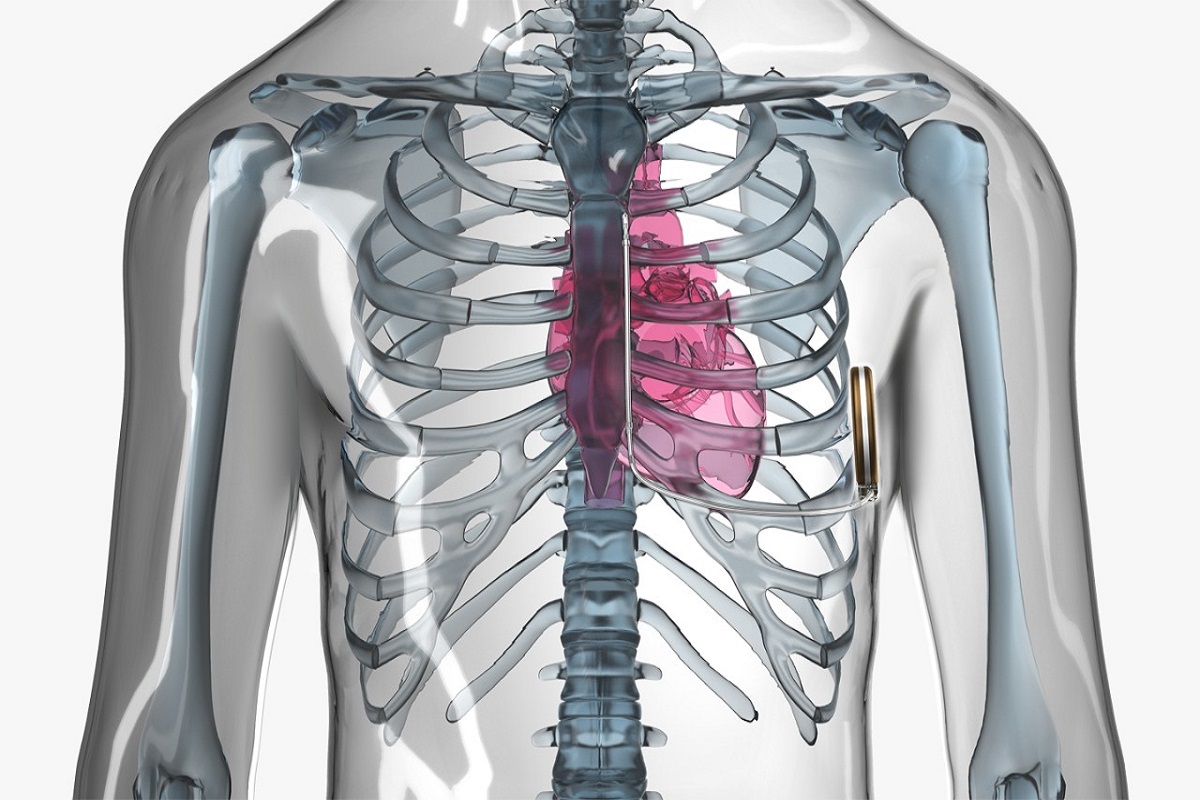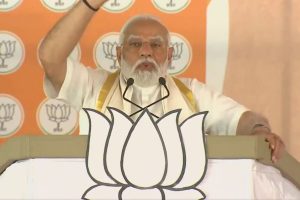The doctors in Gurugram gave a new lease of life to a 63 year old businessman by performing Subcutaneous Implantable Cardioverter Defibrillator (S-ICD) implant.
The patient came to Fortis hospital with a complaint of uneasiness and with severe chest pain. Upon investigation, he was diagnosed with irregular heartbeats and reduced heart functioning that increases the chances of Sudden Cardiac Arrest (SCA).
The unconventional therapy was recommended in this case instead of conventional ICD therapy because the patient was suffering from other comorbidities like obesity and diabetes, putting him at a higher risk of SCA. A defibrillator was placed just below the skin and is performed without disturbing the blood vessels as a diabetic patient is more prone to infections.
Advertisement
S-ICD implant protects the patient from SCA without touching the heart chambers. Like transvenous ICDs, the S-ICD System utilizes a pulse generator capable of delivering life-saving therapy.
Unlike transvenous ICDs, the S-ICD System uses a subcutaneous electrode and analyses the heart rhythm, like an ECG test, to effectively sense, discriminate, and converts life-threatening rhythms to a normal rhythm. The S-ICD implant is significant for young patients whose life expectancy is longer.
Dr. T.S Kler, Chairman, Fortis Heart and Vascular Institute at Fortis Memorial Research Institute, Gurugram & Fortis Hospital, Vasant Kunj, New Delhi said “The new therapies like S-ICD are showing great results for patients with heart ailments. In this case, the patient was also diabetic which made him more prone to infections, otherwise, conventional therapy like ICD would have been suggested. Since S-ICD is placed outside the heart with no wires in contact it reduces the risk of infections, and the patient is protected from lethal heart conditions like SCA. A lot of patients are not aware of the option available to reduce the risk of infections with conventional ICDs, but in this case, patient and his family’s awareness and physician counselling helped him choose the best device for himself.”
India is a diabetic capital and most patients suffering from diabetes are prone to Sudden Cardiac arrest. Conventional ICDs though very effective in the prevention of SCA do pose a challenge in such patients, hence, S-ICD is proven to be the best therapy option.
Advertisement











